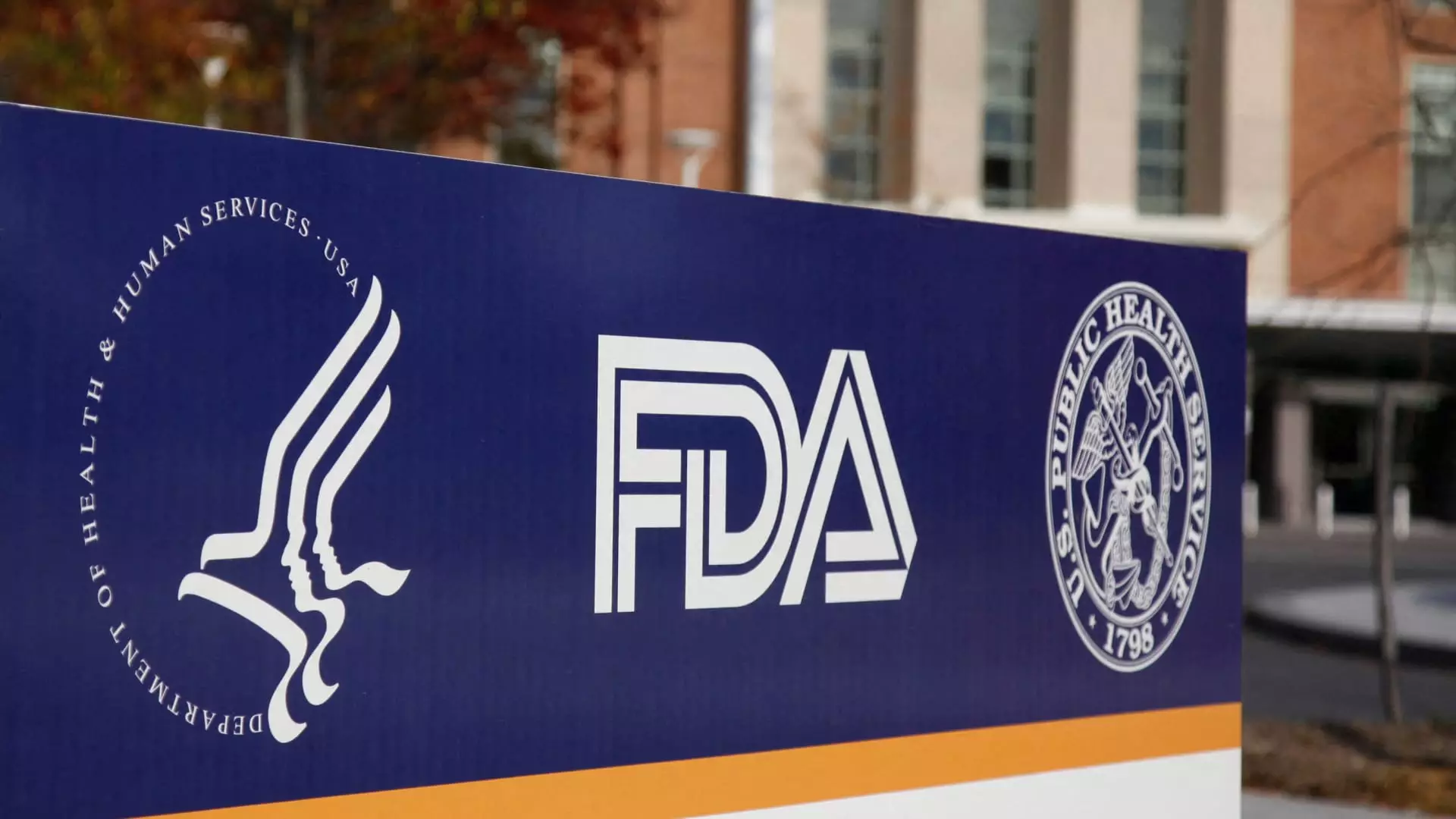In a move that highlights a profound misunderstanding of public health governance, the Food and Drug Administration (FDA) has dismantled its Division of Learning and Organizational Development (DLOD). This division was instrumental in providing crucial training and professional development, not only for FDA staff but also for external healthcare professionals. By laying off all 30-plus employees in this division, the FDA is sending a loud and clear signal: it values short-term cost-cutting over long-term public health imperatives. It is an alarming stance that threatens the efficacy of our national health oversight mechanisms.
The decision was born out of Robert F. Kennedy Jr.’s sweeping plan to reorganize the Department of Health and Human Services (HHS), which has come under increasing scrutiny. The dismantling of DLOD echoes a misguided belief that streamlining operations equates to enhancing the effectiveness of public health initiatives. In reality, this approach only serves to weaken the FDA’s critical role in safeguarding the nation’s well-being. The ramifications of this decision are likely to linger as the healthcare landscape continues to evolve and face mounting challenges.
Neglecting Educational Integrity
The elimination of the DLOD is tantamount to a mass exodus of institutional knowledge from the FDA. This division was responsible for enriching the professionals who depend on the FDA for guidance on myriad public health issues. The lack of training programs means that vital topics, such as opioid safety and infectious disease control, will lose crucial follow-up and educational reinforcement. It is an irresponsible move that places healthcare professionals and, ultimately, patients at a heightened risk of misinformation and mismanagement.
In an increasingly complex medical landscape, continuous education is essential. The FDA employees who once facilitated training seminars, lectures, and online modules are gone, leaving a vacuum that will be difficult, if not impossible, to fill. As one disgruntled employee pointedly noted, healthcare professionals are now left to navigate their own educational journeys amid an already high-pressure environment. This predicament is likely to result in confusion, inefficiency, and a lack of standardized knowledge—factors that could directly impact patient care outcomes.
Who Really Benefits from Cost-Cutting?
The Trump administration has offered federal cost savings as a justification for these cuts—a rationale that rings hollow when one examines the broader implications for public health. If the federal government is genuinely concerned with financial prudence, why would it target a division primarily funded by user fees, rather than taxpayer dollars? The DLOD had demonstrated a clear capacity to operate in a financially responsible manner, yet their contributions have been sacrificed under the guise of budgetary efficiency.
Furthermore, the chilling effect of these layoffs extends beyond simple job loss. It dismantles a system of checks and balances that has been fundamental for maintaining professional standards in healthcare. The Continuing Education and Consultation Accreditation Team, which played a pivotal role in accrediting educational programs within the FDA, has also been eliminated. This team represented the only accredited avenue for providing cross-disciplinary training, an invaluable resource now lost.
The Ripple Effect on Public Health
The implications of these layoffs go far beyond the confines of the FDA’s walls. The lack of a central resource for continuing education affects not only FDA employees but also external healthcare professionals who rely on FDA accreditation and training. The discontinuation of formal education programs jeopardizes the necessary evolution of medical knowledge in fields such as the evolving response to opioid addiction or the ongoing threats posed by infectious diseases.
Moreover, the dismissal of this division comes at a time when public health issues are becoming increasingly complex, demanding consistent and informed interventions from trained personnel. The risk of misinformation and miseducation can have dire consequences when dealing with human health, a reality many may overlook while debating cost-saving measures.
The dismantling of the FDA’s DLOD serves as an alarming wake-up call to those who value public health and safety. The administration’s strategy to prioritize cuts over competency and training demonstrates a troubling lack of foresight and respect for the crucial role that education plays in effective health governance. A well-prepared workforce is the backbone of any regulatory body, and the failure to appreciate this fundamental truth could have catastrophic consequences, not only for professionals within the FDA but for the public at large. As we grapple with increasing public health challenges, let us hope that those in power will reconsider this reckless course before it is too late.


Leave a Reply